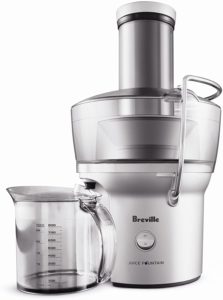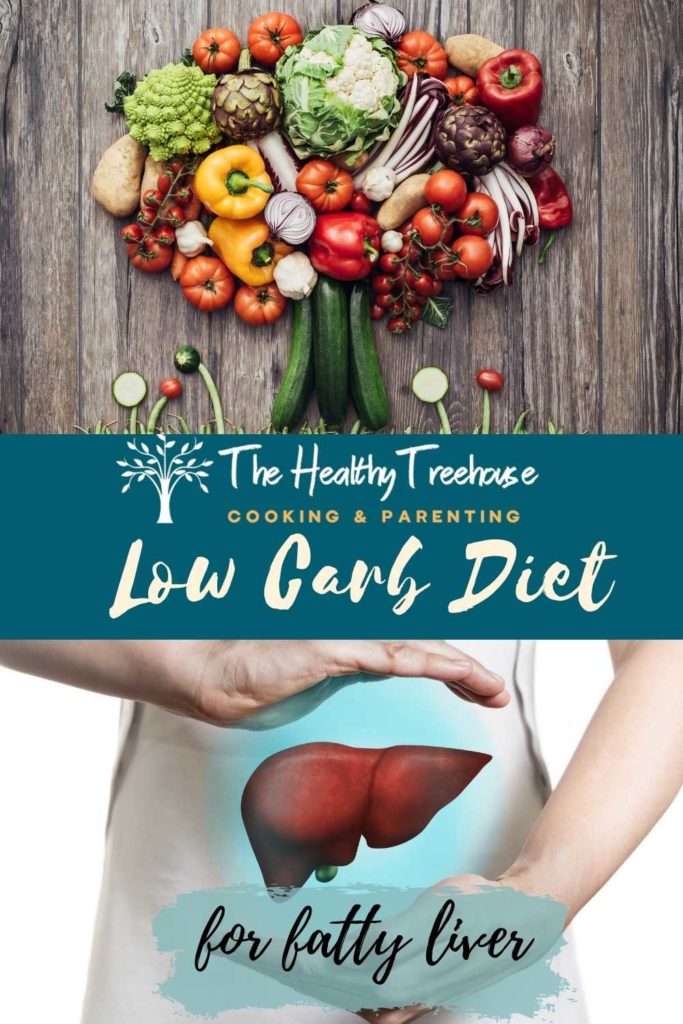
Fatty liver disease is a burden on many people, thanks to increasingly popular processed food and sedentary lifestyles.
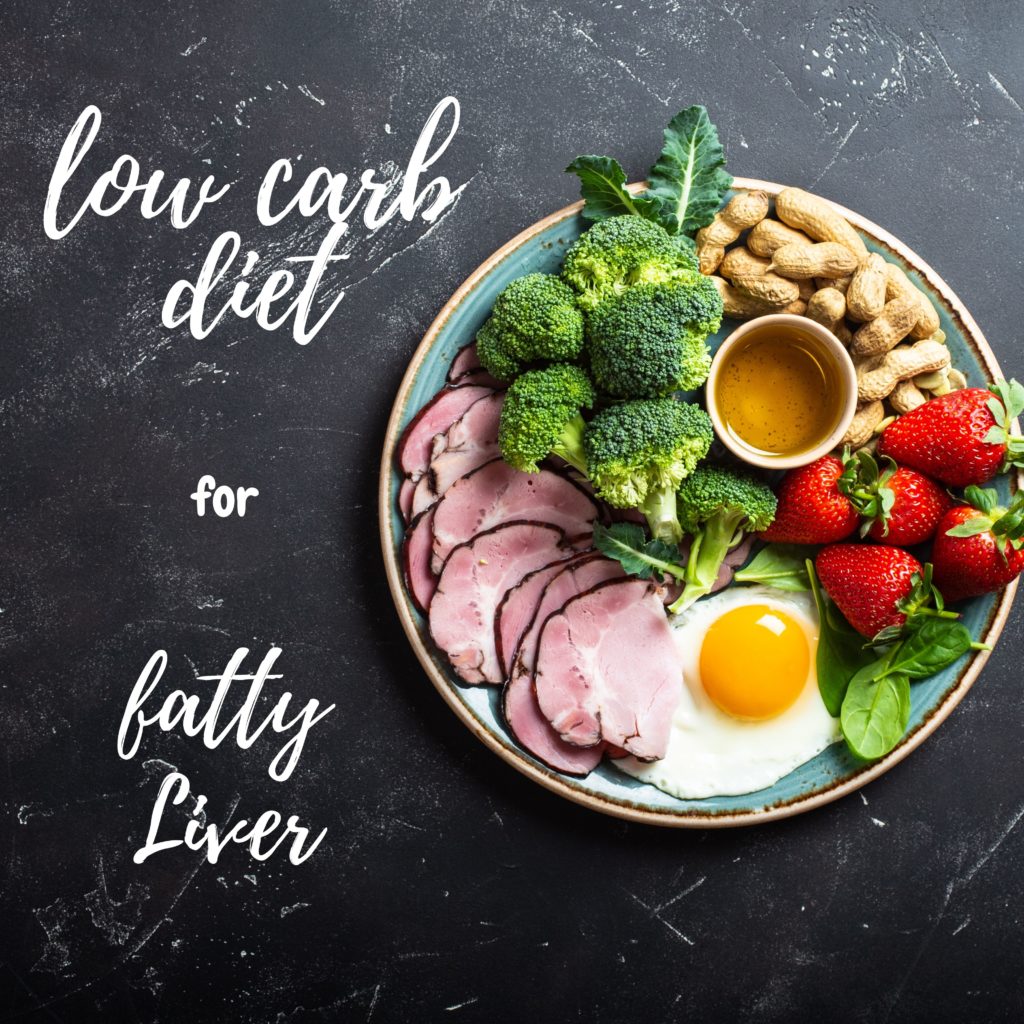
With a fatty liver diagnosis, your doctor will recommend changing your diet and exercise routine to prevent more fat accumulation in the liver.
A low carbohydrate diet may be able to help aid in reducing liver fat or reverse liver damage.
But is a low-carb diet the best diet for treating fatty liver disease?
Let’s look at the low carbohydrate diet in-depth and see how it can affect fatty liver disease.
What is Low-Carb?
It is an eating plan that restricts carbohydrates found in sugars, bread, and pasta.
Folks typically consume anywhere from 20g-50g of carbohydrates per day, as recommended by your medical professionals.
Healthy vegetables, protein, complex carbohydrates, and healthy fats are instead included in all meals.
Complex carbohydrates pertain to whole grains such as oatmeal, red or brown rice, and wheat bread. And anything made with simple carbohydrates is to be restricted on a low-carb diet.
Unfortunately, fruit contains a lot of simple carbohydrates due to its natural sugar content.
On some low-carb diets, especially the keto diet, fruit is highly restricted to only a few servings of berries per week.
Less strict meal plans include whole, healthy fruits such as apples, oranges, berries, and pears.
Once you get clearance from your doctor, talk with your team of health professionals to determine the right amount of nutrients for your diet.
Some low-carb foods include:
- Cauliflower
- Cabbage
- Broccoli
- Nut butter
- Dark leafy greens
- Low-fat or plant-based dairy
- Nut butter
- Some limited fruits
Read the labels on your packaged goods to get a good idea of your food’s sugar and carb content.
Foods That Are Not Low-Carb
Some foods may be considered healthy, but that does not mean they are low-carb.
Some high-carb foods to avoid are:
- White potatoes
- Sweet potatoes
- Bread and grains
- Some fruit (raisins, bananas, mangoes, prunes, dates)
- Corn
- Beets
- Pasta
- Cereal
- Alcohol
- Sweetened drinks or yogurt
- Dairy milk
- Sweetened plant-based milk
- Honey
- Maple syrup
Nonalcoholic Fatty Liver Disease
Nonalcoholic fatty liver disease is a blanket term for liver damage and the fat accumulation in people who drink little to no alcohol.
Nonalcoholic fatty liver disease is the leading cause of chronic liver disease in the United States.
It can be managed with diet and weight loss, but only a small percentage of patients require surgery to remove excess fat in their livers.
The incidence has increased dramatically over the past two decades, mainly because obesity has become more common.
Nonalcoholic fatty liver disease (NAFLD) can lead to nonalcoholic steatohepatitis (NASH). It is a more severe form of inflammation and scarring in the liver that can lead to cirrhosis.
It can happen if no action is taken against the root cause of the liver damage.

Alcoholic Fatty Liver Disease
Alcoholic fatty liver disease is the accumulation of fat in the liver directly related to consistent overindulgence of alcohol.
Excessive alcohol consumption causes several adverse health effects.
The most common is alcoholic fatty liver disease. And even in the absence of other health issues, it can cause inflammation of the pancreas, known as pancreatitis.
Insulin is created in the pancreas, making more as more fat cells accumulate in the liver.
Over time, your blood sugar levels rise. And this can eventually lead to insulin resistance.
Insulin resistance occurs when cells in the liver no longer respond well to insulin.
Are Carbs OK for Fatty Liver?
Many sources claim that consuming carbohydrates can influence fatty liver disease.
Cutting back on carbs for only two weeks can reduce liver fat markers, as displayed in this Swedish study.
Not only is cutting carbs good for the liver, but it can also aid in weight loss.
A healthy weight is associated with less fat in the liver.
For these reasons, cutting carbs to aid in weight loss and reduce fat in the liver is a good start to your fatty liver diet.
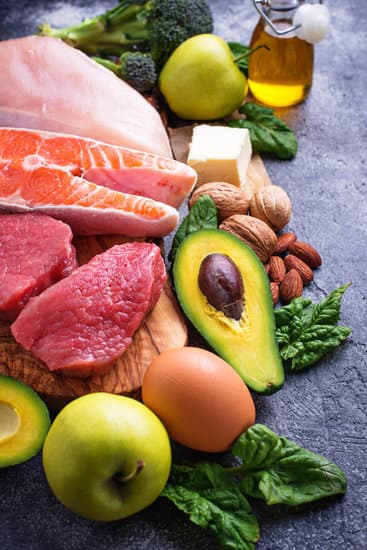
Do Low-Carb Diets Cause Fatty Liver?
No, quite the opposite.
The simple forms of carbohydrates such as white pasta, white rice, and white bread are the least nutritious foods for anyone, especially someone struggling with fatty liver.
Eating multiple servings of these nutrient-devoid carbohydrates can increase your chances of developing health issues such as fatty liver and metabolic syndrome.
Metabolic syndrome is a variety of conditions that can increase your chances of developing stroke, heart attack, or type 2 diabetes.
One-third of the adults in the United States have metabolic syndrome.
High body weight and a large waist circumference are the most common symptoms of this syndrome.
A low-carb diet can help manage weight loss and fatty liver, making it one of the best diets for your liver.
How Many Carbs Should I Eat Per Day for a Fatty Liver?
Low-carb diets do not allow for many carbs throughout the day.
Typically, the carb count to follow is 20g-50g per day on a low-carb diet.
There are many arguments on the best way to eat and a constant debate over what carb and fat counts are appropriate for this diet.
In truth, everyone is different, and there is not a set number of carbs that are universally accepted as low-carb.
Aside from the number of carbs, equally important is the type of carbohydrates you consume throughout the day.
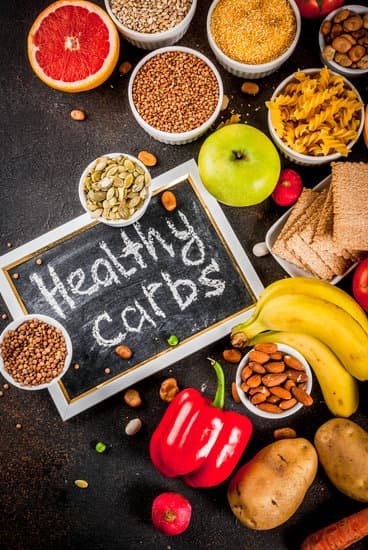
For instance, quinoa is an ideal source for a carb-restricted diet.
But that does not mean that you can eat all the quinoa that you want. You still have to be cautious of the amount, even if it’s coming from whole grains. And not all whole grains can be qualified as low in carbs.
Quinoa, couscous, bulgur, and millet have lower carbohydrate content than whole wheat bread and oats.
To avoid high blood sugar, obesity, and elevated liver enzymes, stick between 20g-50g unless instructed otherwise by your doctor.
And never go on a deficient carbohydrate diet unless instructed by your doctor. Your body still needs complex carbohydrates to function properly.
What Diet is Best for Fatty Liver?
While the low-carb diet has been proven to aid in fatty liver disease, other diets can help reduce fat in the liver.
Some nutritionists swear by the Mediterranean diet and its decades-long status as one of the healthiest diets on the planet.
The Mediterranean diet includes regularly consuming lean protein, fresh fish, vegetables, olive oil, and other healthy fats.
Specifically, folks with fatty liver disease should follow a green Mediterranean diet, according to Harvard Health.
The green Mediterranean diet follows the same principles as the original while incorporating daily servings of green tea and Mankai, an aquatic ancient green superfood.

Mankai and green tea add tons of polyphenols into this meal plan, which effectively reduces liver fat.
In the same Harvard Health study, participants dropped an average of 39% more liver fat on the green Mediterranean diet compared to 20% on the traditional Mediterranean diet.
Participants who stuck to regular nutritional counseling for their fatty liver disease only saw a reduction in 12% of liver fat.
Low-Carb Recipes for Fatty Liver
Breakfast
Meatloaf Muffins
These sumptuous meatloaf muffins will get you pumped up for the day. It’s also ideal for a low-carb diet since it’s free from starch or breadcrumbs.
These breakfast muffins are also rich also in vitamins, minerals, fiber, and antioxidants. It’s also rich in low-fat protein, and it has hefty servings of kale.
This liver superfood can help flush out toxins from your body and provide potent protection for your liver. It can also help improve symptoms of nonalcoholic fatty liver disease.
Garlic, carrots, celery, thyme, and olive oil intensify the savory flavor while helping your liver detoxify.
Lunch
Salmon Green Wrap
Replacing tortilla bread with collard greens not only makes this recipe low carb, but it also adds a ton of liver-healthy nutrients!
Lettuce, arugula, and broccoli help cleanse the liver and protect it from free radicals and fungi. Salmon is very filling and high in omega 3 fatty acids that can help reduce the buildup of fat in the liver.
Not only do olive oil, red bell peppers, lemon, and cilantro add tang and more flavor to the mix, they make this lunch a healthy treat for your liver and your palates too.
Dinner
Thai Sweet Chili Salmon Bowls
This dinner salmon bowl will feel like you’re eating a rice bowl, only that it’s lower in carb and packed with superfoods for the liver.
Quinoa is a lower-carb alternative and higher in protein and fiber. Add the omega 3 fatty rich salmon, and you have one nutritious and filling bowl for dinner.
Cabbage can help repair liver damage. It’s also rich in polyphenols and flavonoids that can protect the liver from free radicals.
You can get the intense flavor from garlic, olive oil, lime, onions, red bell peppers, chilies, and cilantro. At the same time, they are also rich in compounds that help reduce inflammation and fat buildup in the liver.
And oh, the edamame beans amp up this meal’s protein content.
You can also substitute quinoa with cauliflower rice to lower down the carbohydrate content further.
Dessert
Very Berry nice Ice cream
This low-carb ice cream recipe only makes use of three ingredients. And even if you are on a low-carb diet, that does not mean you shouldn’t get to eat dessert!
Using bananas to sweeten the ice cream instead of cane sugar lowers this recipe’s total sugar and carb content.
Bananas and coconut cream also make this vegan ice cream feel like real ice cream. They add a velvety and soft texture. Your palates might not be able to tell the difference.
But you can also substitute nonfat Greek yogurt for coconut cream if you wish to lower the total fat content. It will also increase the protein content of this recipe.
And oh, the berries add a burst of sweetness and flavor. These fruits are also high in Vitamin C, K, and antioxidants.
Berries are considered the king of fruits and protect the liver from oxidative damage and nonalcoholic fatty liver disease.
Snack
Smoky Aubergine and Coriander dip
Dip your favorite veggies into this smoky, creamy yet low-carb dressing.
The charred aubergines lend a meaty and smoky taste. It’s also rich in fiber, Vitamin B1.B6, and antioxidants.
Aubergines may also help protect your liver from free radicals. And coriander is also rich in flavonoids and alkaloids that can also help enhance liver function.
This smoky dip also contains garlic, lime, and olive oil.
These liver superfoods will help in cleansing your body and reducing fat build-up in the liver. These also add a kick of flavor to this dip.
Other Healthy Choices for Fatty Liver Disease
In addition to a low carbohydrate meal plan, there are quite a few other healthy lifestyle choices to benefit your liver health.
One way is to replace a higher fat diet with a low-fat diet.
If you are not ready to give up most carbs just yet, going on a low-fat diet can help with fatty liver disease and aid in weight loss.
Healthy body weight is commonly associated with a healthy liver.
Plus, low fat in your diet means less fat can accumulate in your liver from poor food choices.
If your doctor has recommended losing weight in addition to fatty liver treatment, a low-fat diet, Mediterranean diet, and low-carb diet will also help promote weight loss.
In addition to treating fatty liver, these healthy diet plans can also prevent type 2 diabetes, obesity, insulin resistance, reduce inflammation, and decrease long-term liver diseases such as cirrhosis or liver cancer.
Exercise
While dieting works well for treating several illnesses, incorporating exercise into your fatty liver low carbohydrate diet is imperative.
Due to the high prevalence of obesity today, fatty liver disease is the most common chronic liver disease.
Lack of physical activity is one of the main risk factors of obesity, and it is believed that increasing exercise is a beneficial treatment for fatty liver disease.
A recent study found that physical exercise in the form of aerobics and resistance training can decrease hepatic fat, improve insulin resistance, and increase liver fatty acid metabolism.

Alcohol and Nonalcoholic Fatty Liver Disease
A diagnosis of fatty liver disease usually means that alcohol use must cease.
Even if you are diagnosed with non-alcoholic fatty liver, alcohol intake can still present risk factors to your liver.
According to this study from Translational Gastroenterology and Hepatology, light to moderate alcohol consumption led to more disease progression in participants with established steatohepatitis (NASH), which is the advanced form of NAFLD.
Low-Carb Risk Factors
While the low carbohydrate diet is healthy, helps treat fatty liver disease, and aids in weight loss, there are still a few risks of going low-carb in a short period.
The Mayo Clinic recommends a slow transition into the low-carb lifestyle, as a sudden reduction in carb intake can bring on symptoms such as constipation, headache, and muscle cramps.
If you choose to eat low carb, watch where you are getting your protein and fat sources from.
A high fat and high protein diet should be monitored closely, as these foods often contain saturated fats and trans fats.
These bad fats can increase the risk of heart disease if you are not careful. So be sure to consult with your doctor when going low carb for fatty liver.
FAQ
Can a low-carb diet help fatty liver?
Yes.
Fatty liver is not only caused by a high-fat diet. It can also be caused by too much carbohydrate intake, specifically the refined form of carbs.
How many carbs should I eat a day for a fatty liver?
About 50-55 percent of your total energy requirement.
Are carbs OK for fatty liver?
Whole grains are okay to eat if you have fatty liver, but they should still be taken cautiously.
What is the best diet for fatty liver?
A low carb diet with your carb sources coming from whole grains and a complex carb, moderate protein intake coming from lean meat ( less red meat as much as possible), controlled amount of low GI fruits, more on non-starchy vegetables, and rich in healthy fats such as omega 3 fatty acids
Is a low-carb diet good for fatty liver?
It’s good for the liver as long as you also take sufficient nutrients from other foods.
But be careful not to eliminate carbs. Get it from whole grains instead. But if you do want to go all carb-free, speak to your doctor and nutritionist first.
Is a low carb bad for fatty liver?
A low-carb diet can be beneficial for fatty liver.
Do low-carb diets cause fatty liver?
No, they can instead help you manage fatty liver.
Helpful Related Information
Whether you have nonalcoholic fatty liver disease or not, a low carbohydrate diet can aid in inflammation, prevent type 2 diabetes, and stabilize liver enzymes.
For a diet menu tailored to those with fatty liver, check out our fatty liver diet menu for tons of recipes and tips.
Coffee drinkers should know how their favorite liquid gold affects their liver.
Read all about coffee and the liver, which we did extensive research to find the health benefits of coffee on your liver.
Superfoods are the best types of food to eat because they provide all essential vitamins and minerals.
There are also superfoods specifically for the liver, which we wrote about here!
Low-Carb, High Reward
We have found that a low carbohydrate meal plan is one of the best diets for people with fatty liver disease.
In addition to helping your liver, this diet can stabilize liver enzymes, prevent obesity and type 2 diabetes, and lower the risk of further liver damage.
Cutting out simple carbs and sugar can lead to a happier and healthier you.
If you want to follow a low-carb meal plan for NAFLD, talk to your doctor about your best diet and exercise plan.
Tell us all about your low-carb journey in the comments below!






